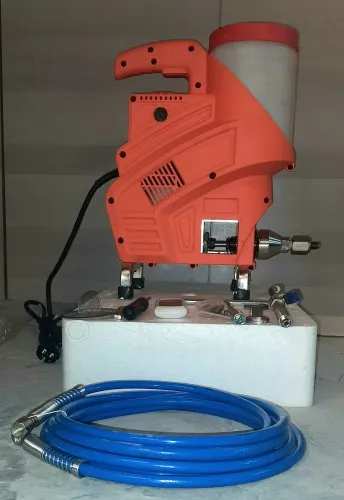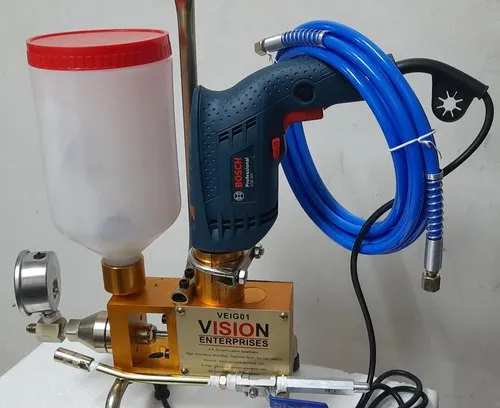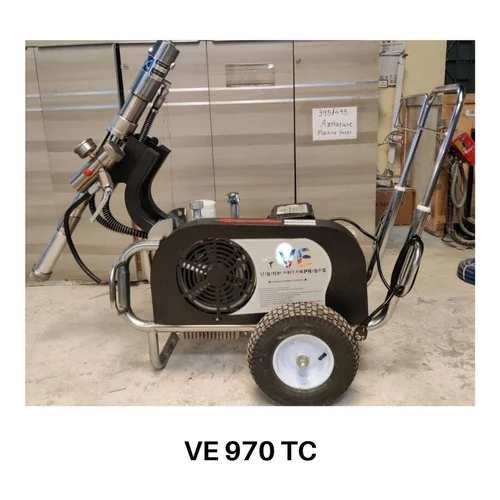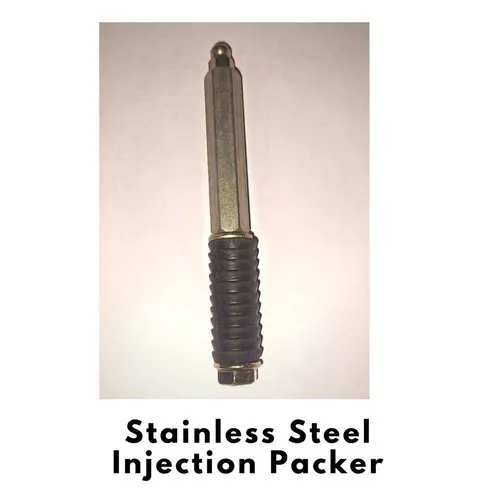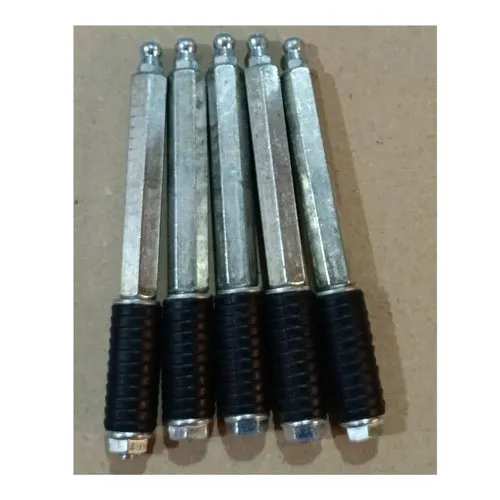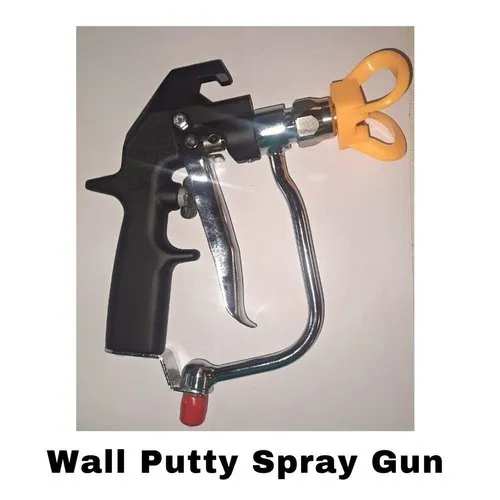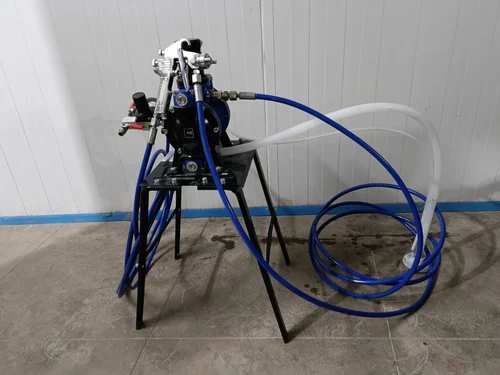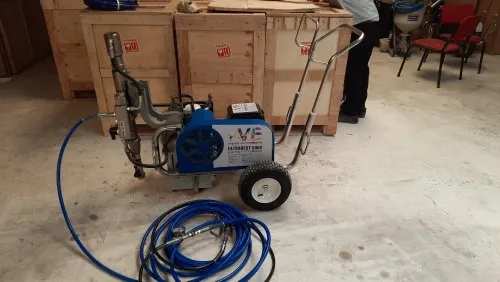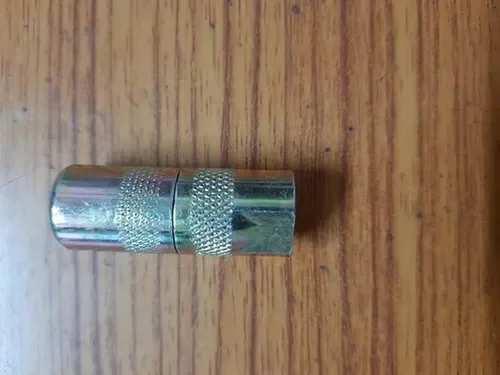Grouting Packers
Material: Stainless Steel
Surface Finish: Polished
Usage: Industrial
Pressure: 200 Bar
Length: 100 mm
Stainless steel injection packers are a robust and reliable choice for a wide range of grouting applications, particularly those demanding high pressure, durability, and resistance to corrosion. They offer several advantages over other materials like plastic or aluminum:
Key benefits of stainless steel packers:
High Pressure Capabilities: Can withstand significantly higher injection pressures compared to other materials, making them ideal for deep crack filling, soil stabilization, and high-pressure grouting applications.
Superior Strength: Resist deformation and damage under pressure, minimizing leaks and ensuring successful grouting.
Corrosion Resistance: Stainless steel's inherent resistance to rust and chemical degradation makes it ideal for use in harsh environments like saltwater, acidic soils, or exposure to aggressive chemicals in certain grouts.
Reusable and Durable: Built to last, stainless steel packers can be cleaned and reused for multiple grouting projects, offering cost-effectiveness in the long run.
Wide Range of Configurations: Available in various sizes, designs, and sealing mechanisms to suit different crack geometries, grout types, and injection scenarios.
Applications of stainless steel injection packers:
Concrete crack repair: Filling and sealing cracks in foundations, beams, walls, and other concrete elements for increased structural integrity and longevity.
Waterproofing: Sealing leaks in dams, basements, tunnels, and other structures to prevent water ingress and protect against corrosion.
Soil stabilization: Injecting grout into loose soil to strengthen its load-bearing capacity and support structures like retaining walls and embankments.
Foundation stabilization: Addressing settlement issues in foundations by injecting grout to fill voids and improve stability.
Chemical and industrial grouting: Suitable for use with various chemical and industrial grouts requiring high pressure and corrosion resistance.
Price: 0 |
Payment Type: |
Available: False |
COD Available: False |
KYC Status: FAILED
Send Message

